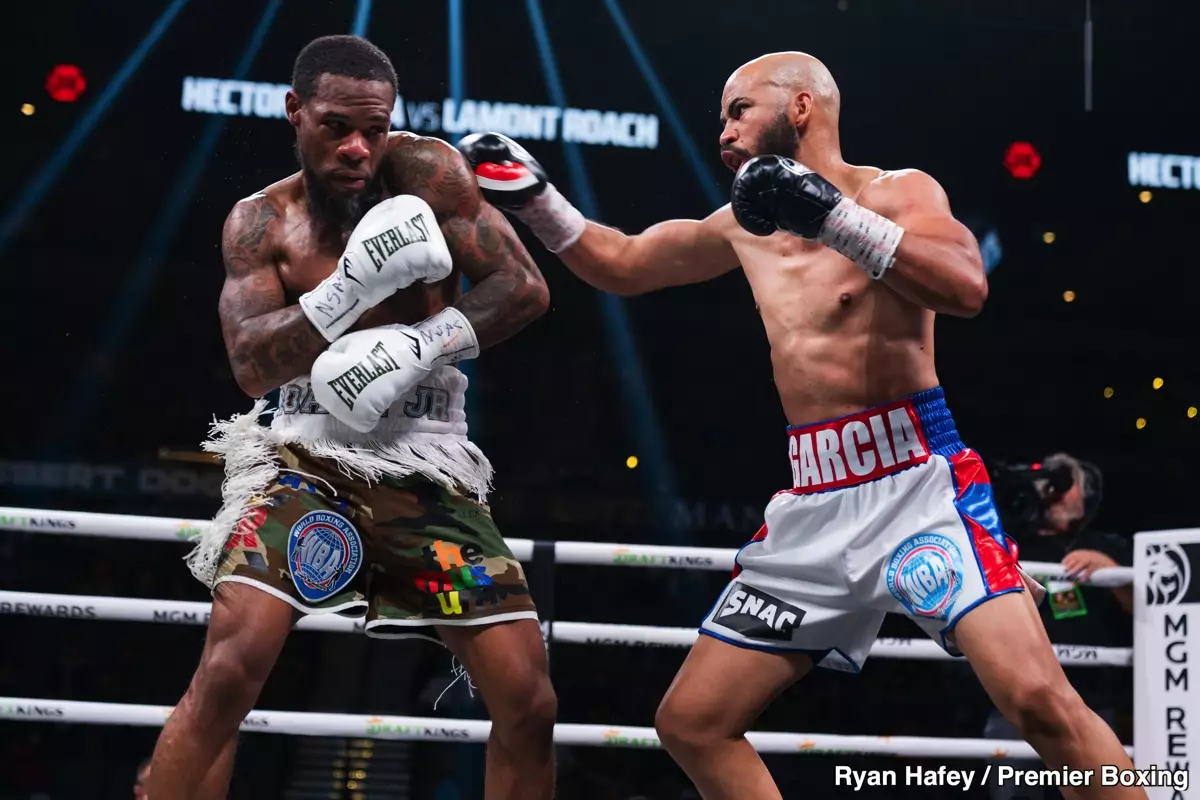BY BOXING HIT STAFF-
The recent decision by the World Boxing Association (WBA) to allow super featherweight champion Lamont Roach to ascend to the lightweight division for a title shot against Gervonta “Tank” Davis has ignited fierce backlash among boxing enthusiasts. Many perceive this move as an affront to the integrity of the sport, highlighting an ongoing trend that seems to favor established champions over deserving challengers. This article seeks to dissect the implications of this decision, examining the motivations behind it and its repercussions on the sport.
Roach, boasting a professional record of 25 wins, 1 loss, and 1 draw, with only 10 knockouts, has been granted “special permission” by the WBA to challenge Davis, the reigning 135-pound champion. This remarkable decision allows Roach to retain his title while simultaneously vying for another in a higher weight class. Fans are justifiably perturbed, as this pattern raises questions about the legitimacy of title defenses. The WBA’s allowance seems to prioritize financial opportunities and marquee matchups rather than the meritocracy that boxing ideally embodies.
Strategic Opponents: The Lightweight Minefield
Gervonta Davis, undefeated with a record of 30 wins and 28 knockouts, has progressively highlighted a strategy that some criticize as carefully curated. With his prior defenses against fighters transitioning up from the super featherweight division—such as Leo Santa Cruz and Hector Garcia—it raises considerable doubt about the strength of competition Davis has been facing. Critics argue that engaging these less dangerous challengers diminishes the stakes for genuine contenders in the lightweight division who have been patiently awaiting their shot at greatness.
The frustration from fans is palpable, as many believe that champions like Davis should be fighting opponents who are equally or more dangerous than themselves, rather than opting for what could be viewed as “gimme” fights. If Roach were a puncher, someone like Eduardo “Sugar” Nunez, for example, the narrative might shift favorably. Instead, the perception is that Roach, while a competent boxer, does not pose a significant threat to Davis’s reign. Fan sentiment reflects a desire for a more competitive environment where champions are actively defending their titles against serious challengers rather than looking for the path of least resistance.
The fallout from this decision could be significant. If Roach triumphs, he faces a lucrative dilemma of choosing between two titles—a problem that underscores the complex nature of boxing politics. Should he lose, however, the landscape becomes fraught with uncertainty as he must quickly address his obligations within the super featherweight division. This rollercoaster of potential outcomes adds an unpredictable flavor to the championship bout but simultaneously exemplifies the flaws in the current title defense structure.
Ultimately, the WBA’s controversial endorsement of Roach’s ascent represents a broader issue in professional boxing: the tug-of-war between commercial interests and competitive integrity. As fans, analysts, and fighters alike continue to voice their concerns, it is apparent that boxing must reevaluate its systems of title defenses, ensuring that the reputation of the sport remains intact. For the sake of boxing’s credibility, the line between legitimate competition and opportunistic matchmaking must be distinctly drawn.


Leave a Reply